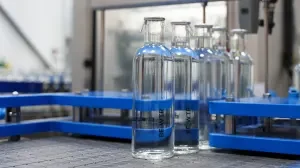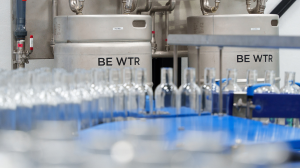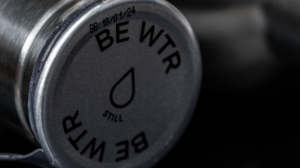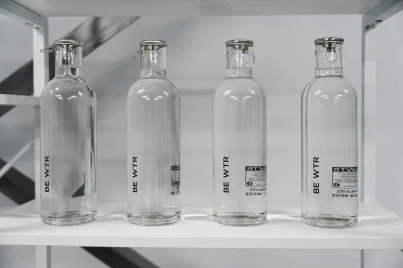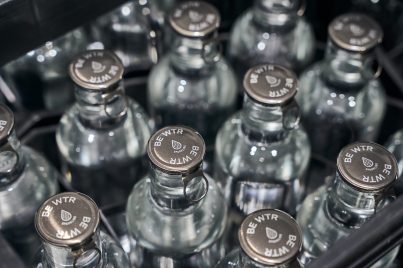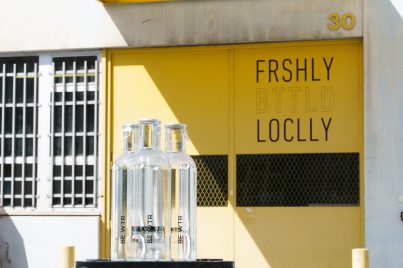#PLASTICPOLLUTION
When Global Water Transport and Plastics emits as much as 6.3 Million cars annually
02 July 2024, 8:07 GMT
By BE WTR
Water export and production of single-use plastic bottles for water are activities that contribute significantly to the CO2 emissions problem around the world, as recent data has shown.
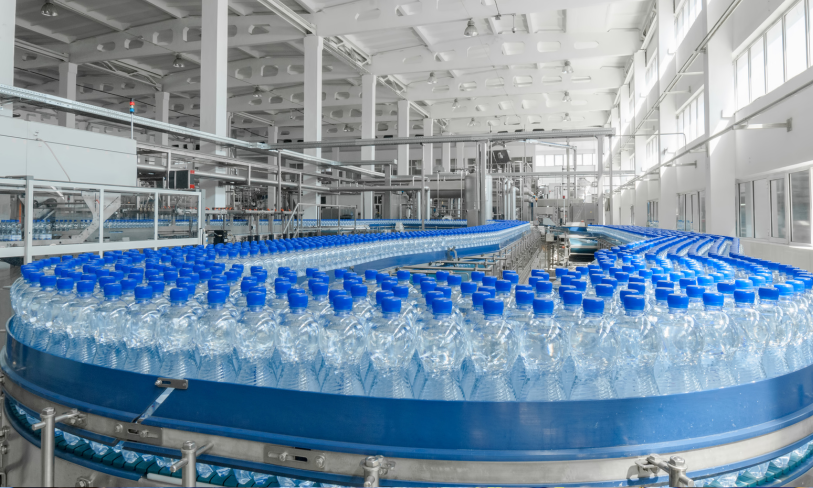
Travel emissions shipping bottled water across the world produces enormous CO2 emissions. Indeed, recent estimates show that transportation of bottled water can emit about 0.25 kg of CO2 per liter transported (Source: International Transport Forum, 2023). For example, the export of one container (20,000 liters) of bottled water from Southeast Asia to the Middle East produces around 5,000 kg of CO2. To put this into perspective, that would equate to the same amount as the emissions of a small car for a whole year or burning 2,100 liters of gasoline. According to the Environmental Protection Agency (2023).
Another primary source of CO2 is the production of single-use plastic bottles. The latest figures state that a typical 500ml PET bottle discharges approximately 83 grams of CO2 into the atmosphere (Source: World Resources Institute, 2023). Since global consumption of bottled water has now surpassed 350 billion liters, the emissions from this source of production amount to more than 29 million tons of CO2 released every year, polluting our oceans and impacting biodiversity and climate change. This is equivalent to the annual emissions of 6.3 million cars or the carbon footprint of electricity used by 3.4 million homes (Source: Global Carbon Project, 2023).
Mitigation Measures
Enabling access to local water sources and reusable water containers are essential strategies to minimize these impacts. Reducing the distance of transportation and minimizing the use of single-use bottles will significantly help in reducing the carbon footprint of bottled water. That’s BE WTR’s. In the last year, our work helped to save more than 500,000 kg of CO2. This is equivalent to taking over 100 cars off the road for a year or the emissions from flying around the world 50 times (Source: BE WTR Annual Sustainability Report, 2023). These moves are not just for the future, but go ahead and chip away at the compounding CO2 emissions associated with the water industry worldwide.
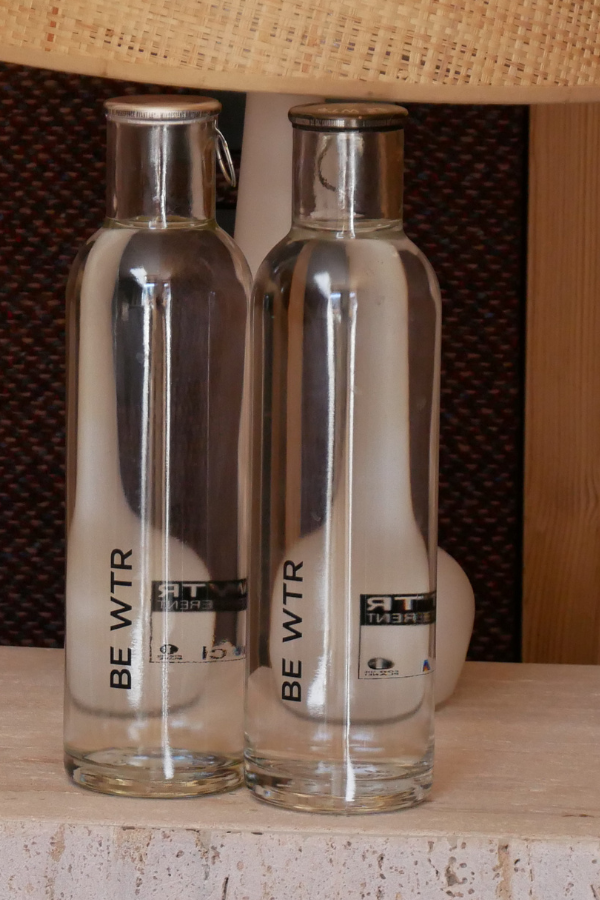
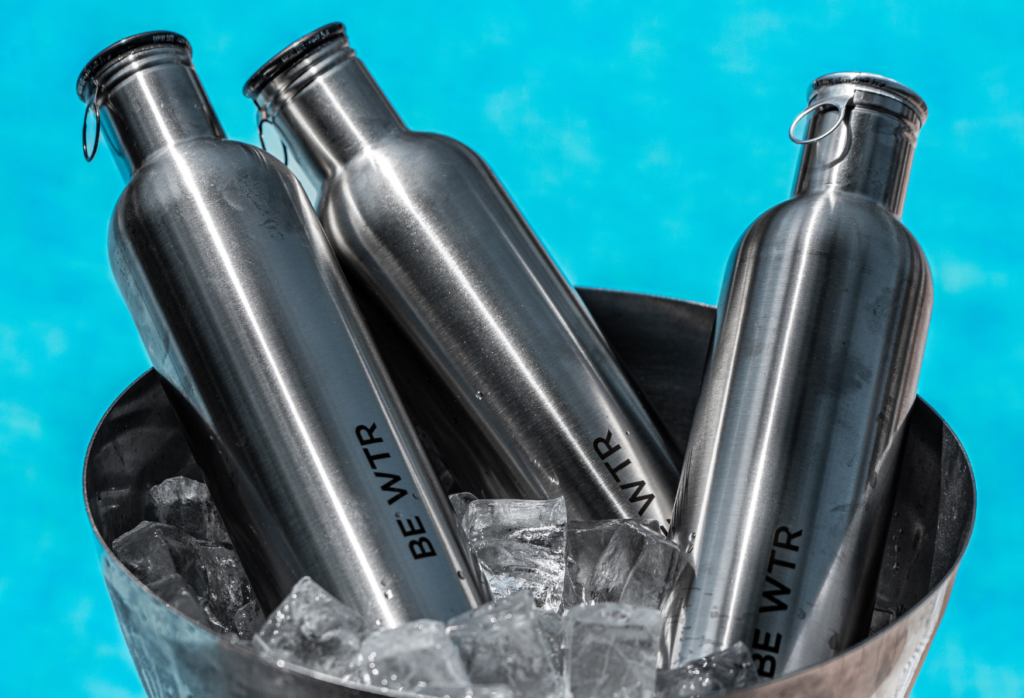
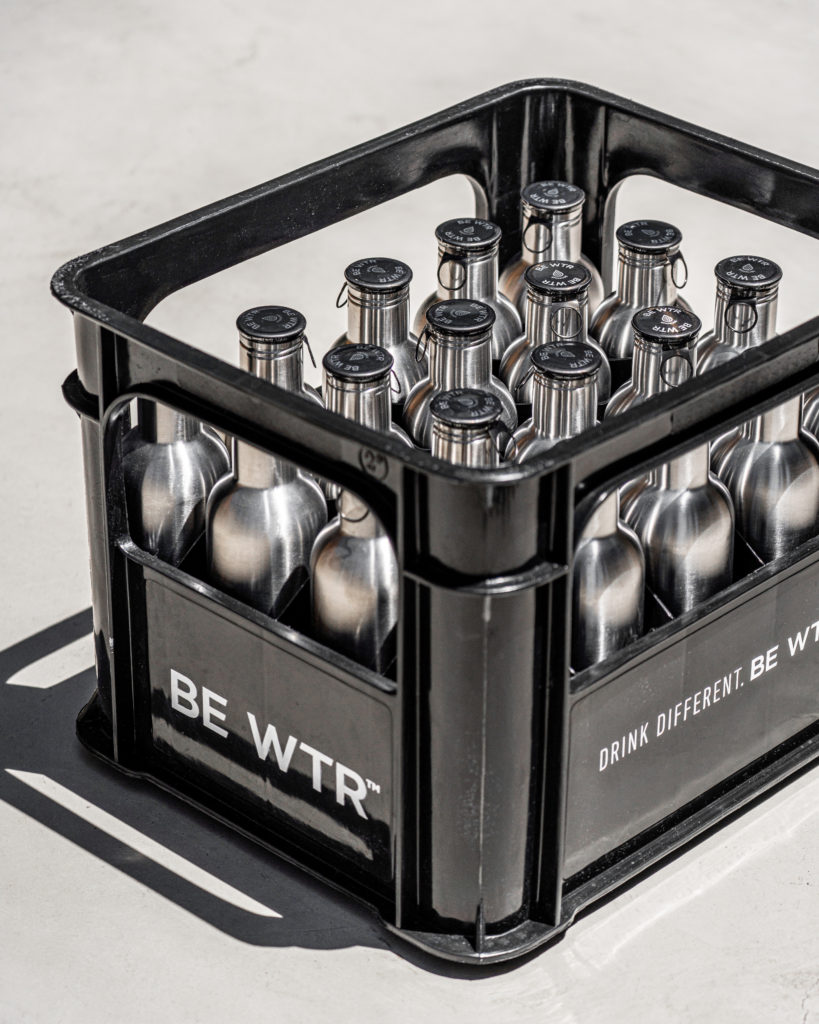

Learn more about BE WTR
The first sustainable premium water.



